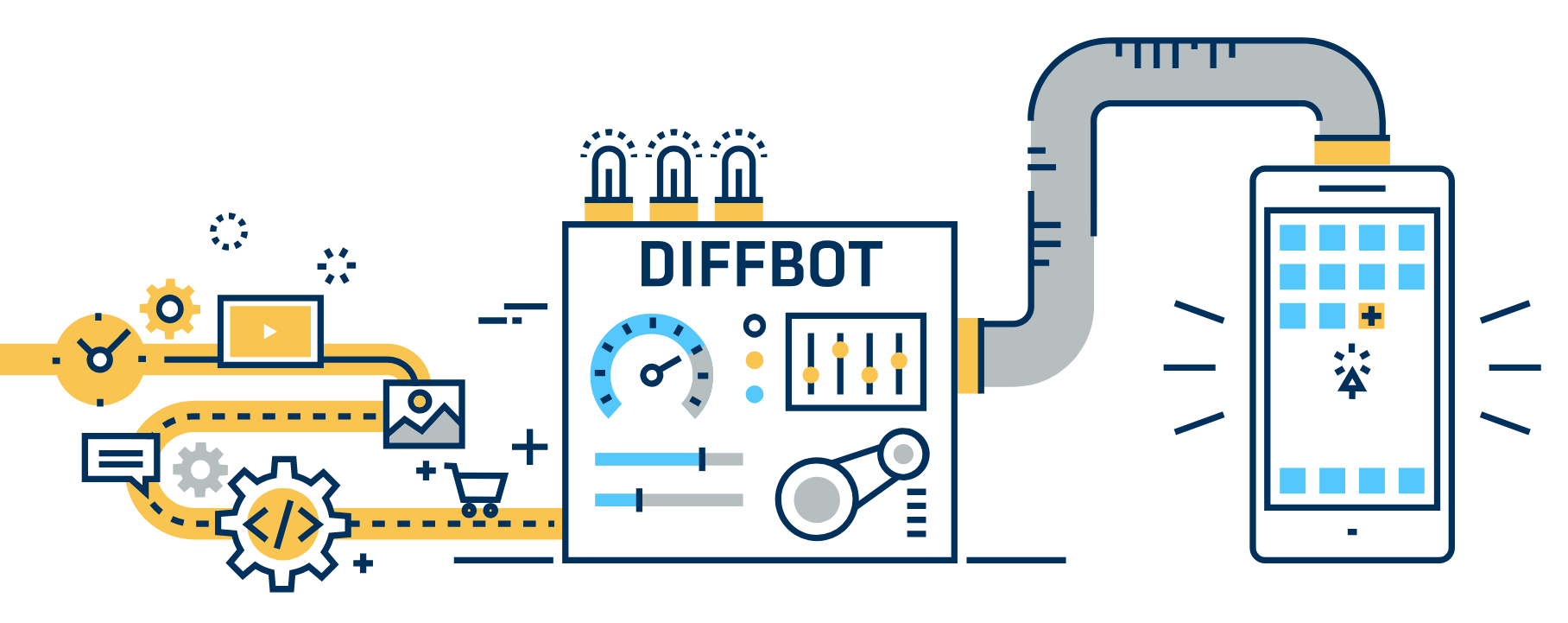Real-time data processing just got more options: LinkedIn releases Apache Samza 1.0 streaming framework

Samza is now at near-parity with other Apache open-source streaming frameworks such as Flink and Spark. The key features in Samza 1.0 are SQL and a higher level API, adopting Apache Beam. What does this mean for this space, and how do you choose?
Read More →MemSQL 6.7 brings free tier and performance enhancement: Transactions for nothing, and faster queries for free

MemSQL is not the first database to offer a free tier. But this one comes with full functionality to support real-world use cases, while also improving performance for typical data warehousing queries by a factor of 100.
Read More →ScyllaDB achieves Cassandra feature parity, adds HTAP, cloud, and Kubernetes support

ScyllaDB, the open-source drop-in replacement for Apache Cassandra, is growing up. Version 3.0 closes the gap in terms of features, and has a few extras to add on top of superior performance over Cassandra.
Read More →Processing time series data: What are the options?

Get your data from everywhere you can, anytime you can, they said, so you did. Now, you have a series of data points through time (a time series) in your hands, and you don't know what to do with it? Worry not, because there's a bunch of options.
Read More →Knowledge graphs beyond the hype: Getting knowledge in and out of graphs and databases

What exactly are knowledge graphs, and what's with all the hype about them? Learning to tell apart hype from reality, defining different types of graphs, and picking the right tools and database for your use case is essential if you want to be like the Airbnbs, Amazons, Googles, and LinkedIns of the world.
Read More →The past, present, and future of streaming: Flink, Spark, and the gang

Reactive, real-time applications require real-time, eventful data flows. This is the premise on which a number of streaming frameworks have proliferated. The latest milestone was adding ACID capabilities, so let us take stock of where we are in this journey down the stream — or river.
Read More →Google can now search for datasets. First research, then the world?

Did you ever need data on a topic you wanted to research, and had a hard time finding it? Wish you could just Google it? Well, now you can do that.
Read More →The web as a database: The biggest knowledge graph ever

Imagine you could get the entire web in a database, and structure it. Then you would be able to get answers to complex questions in seconds by querying, rather than searching. This is what Diffbot promises.
Read More →Data-driven disaster relief: Measuring the impact of emergency response

With natural disasters picking up in frequency and intensity, the role of NGOs in disaster relief is picking up as well. A key requirement for all NGOs is transparency, and applying data-driven techniques may help.
Read More →Zen and the art of data structures: From self-tuning to self-designing data systems

Designing data systems is something few people understand, and it's very hard and costly. But that, too, could be automated, says new research from Harvard, and we're about to start seeing it in real life.
Read More →